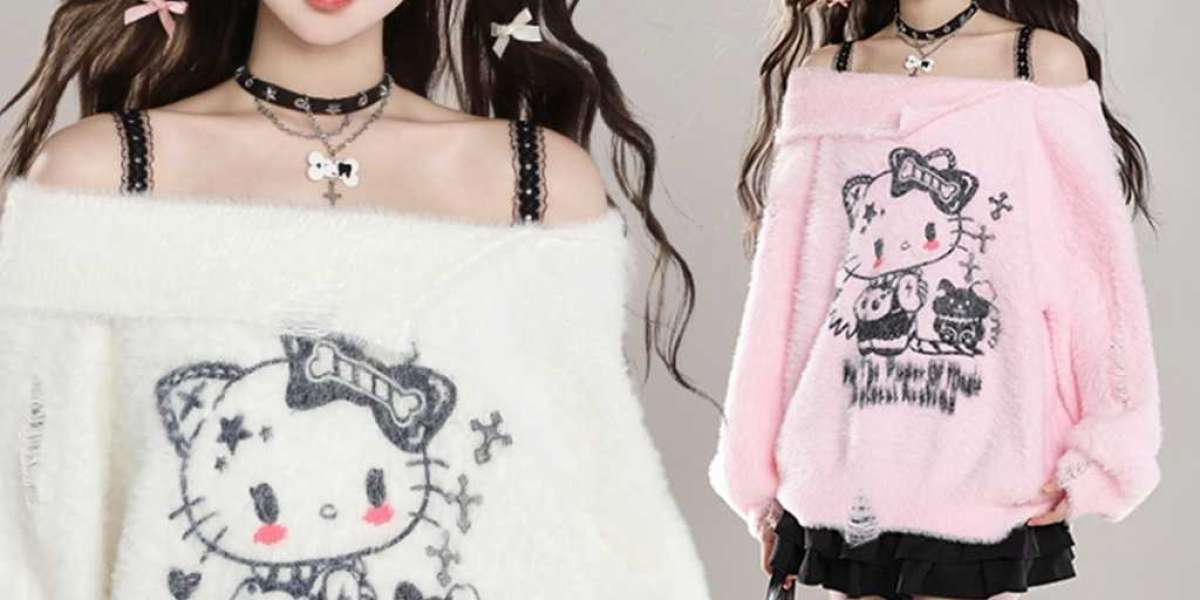In the contemporary era of environmental consciousness, the use of a non-woven shopping bag has become a significant topic of discussion. These bags, made from non-woven polypropylene, are a popular choice for retailers and consumers alike due to their durability, reusability, and eco-friendly nature. are a type of fabric made from directional or randomly arranged fibers, which are held together by a mechanical, thermal, or chemical process. This manufacturing method results in a strong, lightweight material that is ideal for the production of shopping bags.
One of the primary reasons for the popularity of non-woven shopping bags is their environmental benefits. Traditional plastic bags are a significant contributor to pollution, as they take hundreds of years to decompose and often end up in landfills or oceans. In contrast, non-woven shopping bags are made from materials that can be recycled, reducing their environmental impact. Moreover, these bags are designed to be reused multiple times, which further decreases the demand for single-use plastic bags and helps to mitigate the problem of plastic pollution.
The durability of non-woven shopping bags is another factor that sets them apart from traditional plastic bags. Non-woven shopping bags are known for their strength and ability to carry heavy loads without tearing or breaking. This characteristic makes them a practical choice for both retailers and consumers, as they can be used repeatedly without the need for constant replacement. The longevity of non-woven shopping bags also means that they can be used for various purposes, from grocery shopping to carrying books or other items, further reducing the need for disposable bags.
Another advantage of non-woven shopping bags is their versatility in design and branding. Retailers can customize these bags with their logos, colors, and designs, making them an effective marketing tool. This customization not only helps to promote brand awareness but also encourages customers to use the bags repeatedly, reinforcing the message of sustainability and reducing the environmental footprint of the business.
However, it is important to note that while non-woven shopping bags are a more sustainable option compared to traditional plastic bags, they are not without their drawbacks. The production of non-woven shopping bags still requires the use of petroleum-based materials, which can contribute to environmental issues such as climate change. Additionally, the recycling process for these bags can be complex and may not be as efficient as desired, leading to some bags ending up in landfills despite their intended recyclability.
Despite these challenges, the use of non-woven shopping bags remains a step in the right direction towards a more sustainable future. As awareness of environmental issues grows, the demand for eco-friendly alternatives to traditional plastic bags is increasing. Non-woven shopping bags offer a practical and reusable solution that can help to reduce plastic waste and promote a more sustainable lifestyle.
In conclusion, non-woven shopping bags are a valuable addition to the retail industry and consumer practices. They provide a durable, reusable, and eco-friendly alternative to traditional plastic bags, helping to reduce the environmental impact of single-use plastics. While there are challenges to overcome in terms of production and recycling, the benefits of non-woven shopping bags make them a key component in the global effort to combat plastic pollution and promote sustainability. As technology and recycling processes continue to improve, the role of non-woven shopping bags in reducing our environmental footprint is likely to become even more significant.
Colour:Various colours
Pattern: Customizable
Width:5cm~60cm
Length:Customizable
Thickness: 0.08mm-1.2mm (customisable)
Material:Non-woven
Process:Die-cutting
Application: Clothing, food, daily necessities, cosmetics, cultural products, etc.













